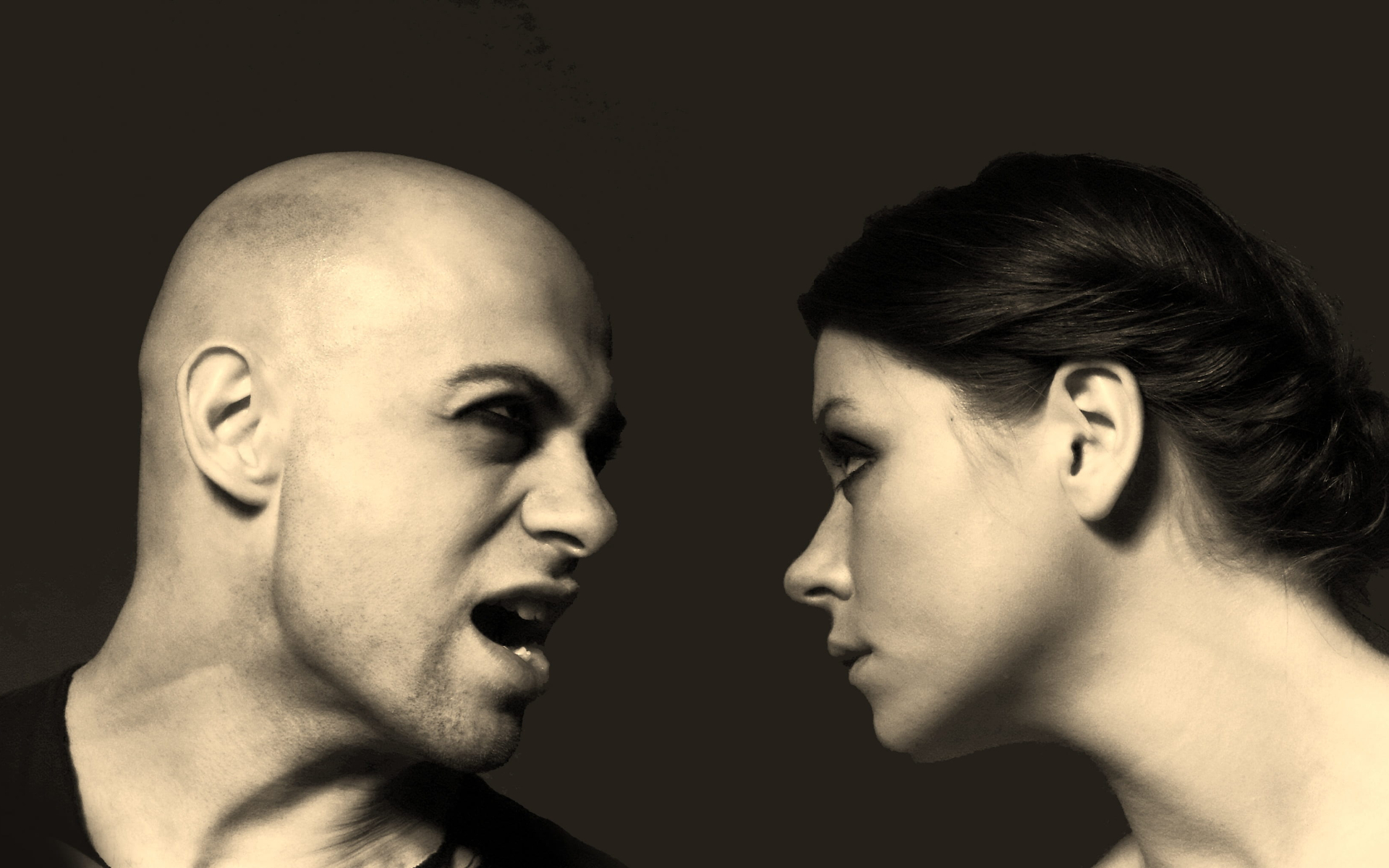Rugby Player’s Case Highlights Importance of Strong Legal Defence for Domestic Violence Offences

How Rugby Captain’s Case Highlights the Legal & Social Implications for those convicted.
Domestic abuse cases in the UK are legally complex and often attract significant public scrutiny. A recent high-profile case involving former Scotland rugby captain Stuart Hogg has brought renewed attention to the legal and social implications of domestic abuse allegations.
This article examines the complexities of domestic violence law in the UK and highlights the critical role of legal defence in such cases.
Recent Case: Stuart Hogg’s Domestic Abuse Conviction
In a widely publicised case, Stuart Hogg was convicted of domestic abuse against his wife, Gillian. Over a period of five years, Hogg engaged in controlling and coercive behaviour, including sending hundreds of text messages and tracking her movements.
Despite the severity of his actions, Hogg avoided a prison sentence and was instead placed under a 12-month community supervision order. The case has sparked widespread debate, with many calling for Hogg to be stripped of his MBE, which he received in the 2024 New Year Honours.
This case highlights the serious nature of domestic abuse and the legal ramifications that follow. It also demonstrates the importance of a well-prepared legal defence, particularly in navigating the intricacies of UK domestic abuse laws.
Understanding UK Domestic Abuse Laws
The legal framework surrounding domestic abuse in the UK is extensive and covers a range of abusive behaviours, including physical, emotional, psychological, sexual, and financial abuse. The Domestic Abuse Act 2021 defines domestic abuse and strengthens protections for victims. Importantly, it also recognises coercive and controlling behaviour as a criminal offence, even if no physical violence occurs.
Key legal considerations in domestic abuse cases include:
-
Coercive Control: A pattern of intimidation, isolation, and control that deprives victims of their independence.
-
Protective Orders: Courts can issue Domestic Violence Protection Orders (DVPOs) and Non-Molestation Orders to protect victims from ongoing abuse.
-
Defences in Domestic Abuse Cases: Legal defences can be complex, particularly when the accused claims self-defence or counter-alleges long-term abuse.
Challenges in Domestic Abuse Cases
Domestic abuse cases present unique challenges due to the often private and emotionally charged nature of the incidents. Many cases rely heavily on testimonial evidence, which can be difficult to verify. Additionally, accusations of domestic abuse can have far-reaching consequences, including damage to reputation, employment prospects, and family relationships.
Another complex legal issue involves consent and violence during sexual activity. Recently, Scotland’s senior judges ruled that consent is not a defence for violent acts committed during sex, further shaping the legal landscape surrounding domestic abuse.
The Importance of Legal Defence in Domestic Abuse Cases
For individuals accused of domestic abuse, securing experienced legal representation is essential. An effective criminal defence solicitor will:
-
Assess the Evidence: Challenging inconsistencies and ensuring that accusations are properly scrutinised.
-
Advocate for Fair Treatment: Ensuring the accused receives a fair trial and that any mitigating circumstances are considered.
-
Navigate Protective Orders: Advising on how to comply with or contest restraining orders and other legal restrictions.
In some cases, individuals accused of domestic abuse may themselves be victims of long-term abuse. A skilled solicitor can present evidence of prior abuse and argue relevant legal defences, such as diminished responsibility or self-defence.
Conclusion
The recent Stuart Hogg case underscores the complexities of domestic abuse law in the UK. Whether representing victims or those accused of abuse, legal professionals play a crucial role in ensuring justice is served.
If you are facing domestic abuse allegations, seeking specialist criminal defence advice at the earliest opportunity is vital to protecting your rights and securing the best possible outcome.
Get in Touch
If you have any questions or concerns regarding domestic violence or any other criminal offence, please feel free to contact us on 0161 477 1121 or email us for more information.


